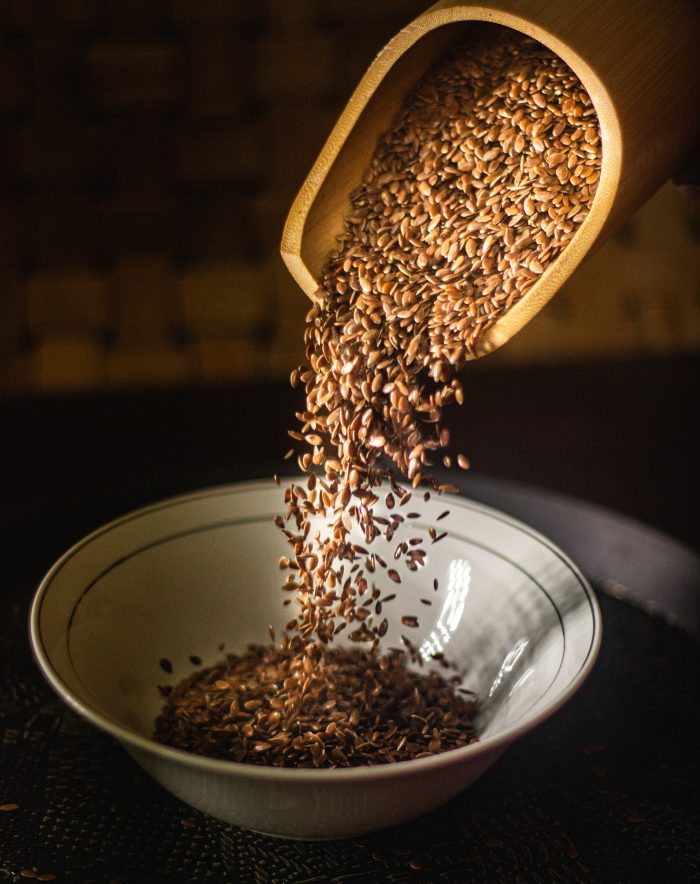Medical Compass: Common diabetes myths that still circulate
By David Dunaief, M.D.

It’s always surprising the number of myths that still circulate about type 2 diabetes, considering its prevalence in the U.S. Science is continually advancing what we know about diabetes risk and disease management, and some older interpretations deserve to be retired. Let’s take a look at a few common myths and the research that debunks them.
MYTH: Fruit should be limited or avoided.
Fruit, whether whole fruit, fruit juice or dried fruit, has been long considered taboo for those with diabetes. This is only partially true.
Yes, fruit juice and dried fruit should be avoided, because they do raise or spike glucose (sugar) levels. The same does not hold true for whole fresh or frozen fruit. Studies have demonstrated that patients with diabetes don’t experience a spike in sugar levels whether they limit the number of fruits consumed or have an abundance of fruit (1). In another study, whole fruit actually was shown to reduce the risk of type 2 diabetes (2).
In yet another study, researchers looked at the impacts of different types of whole fruits on glucose levels. They found that berries reduced glucose levels the most, but even bananas and grapes reduced these levels (3). That’s right, bananas and grapes, two fruits people associate with spiking sugar levels and increasing carbohydrate load. The only fruit that seemed to have a mildly negative impact on sugars was cantaloupe.
Whole fruit is not synonymous with sugar. One of the reasons for the beneficial effect is the fruits’ flavonoids, or plant micronutrients, but another is the fiber.
MYTH: All carbohydrates raise your sugars.
Fiber is one type of carbohydrate that has distinct benefits. We know fiber is important for reducing risk for a host of diseases and for managing their outcomes, and it is not any different for diabetes.
In the Nurses’ Health Study (NHS) and NHS II, two very large prospective observational studies, plant fiber was shown to help reduce the risk of type 2 diabetes (4). Researchers looked at lignans, a type of plant fiber, specifically examining the metabolites enterodiol and enterolactone. They found that patients with type 2 diabetes have substantially lower levels of these metabolites in their urine, compared to the control group without diabetes. There was a linear, or direct, relationship between the amount of metabolites and the reduction in risk for diabetes. The authors encourage patients to eat more of a plant-based diet to get this benefit.
Foods with lignans include flaxseed; sesame seeds; cruciferous vegetables, such as broccoli and cauliflower; and an assortment of fruits and whole grains (5). The researchers could not determine which plants contributed the greatest benefit. The researchers believe the effect results from antioxidant activity.
MYTH: Soy should be avoided when you have diabetes.
In diabetes patients with nephropathy (kidney damage or disease), soy consumption showed improvements in kidney function (6). There were significant reductions in urinary creatinine levels and reductions of proteinuria (protein in the urine), both signs that the kidneys are beginning to function better.
This was a small randomized control trial over a four-year period with 41 participants. The control group’s diet consisted of 70 percent animal protein and 30 percent vegetable protein, while the treatment group’s diet consisted of 35 percent animal protein, 35 percent textured soy protein and 30 percent vegetable protein.
This is very important since diabetes patients are 20 to 40 times more likely to develop nephropathy than those without diabetes (7). It appears that soy protein may put substantially less stress on the kidneys than animal protein. However, those who have hypothyroidism should be cautious or avoid soy since it may suppress thyroid functioning.
MYTH: Bariatric surgery is an alternative to lifestyle changes.
Bariatric surgery has grown in prevalence for treating severely obese (BMI>35 kg/m²) and obese (BMI >30 kg/m²) diabetes patients. In a meta-analysis of bariatric surgery involving 16 randomized control trials and observational studies, the procedure illustrated better results than conventional medicines over a 17-month follow-up period in treating HbA1C (three-month blood glucose measure), fasting blood glucose and weight loss (8). During this time period, 72 percent of those patients treated with bariatric surgery went into diabetes remission and had significant weight loss.
However, after 10 years without proper management involving lifestyle changes, only 36 percent remained in remission with diabetes, and a significant number regained weight. Thus, whether one chooses bariatric surgery or not, altering diet and exercise are critical to maintaining long-term benefits.
There is still a lot to be learned with diabetes, but our understanding of how to manage lifestyle modifications, specifically diet, is becoming clearer. The take-home message is: focus on a plant-based diet focused on fruits, vegetables, beans and legumes. And if you choose a medical approach, bariatric surgery is a viable option, but don’t forget that you need to make significant lifestyle changes to accompany the surgery in order to sustain its benefits.
References:
(1) Nutr J. 2013 Mar. 5;12:29. (2) Am J Clin Nutr. 2012 Apr.;95:925-933. (3) BMJ online 2013 Aug. 29. (4) Diabetes Care. online 2014 Feb. 18. (5) Br J Nutr. 2005;93:393–402. (6) Diabetes Care. 2008;31:648-654. (7) N Engl J Med. 1993;328:1676–1685. (8) Obes Surg. 2014;24:437-455.
Dr. David Dunaief is a speaker, author and local lifestyle medicine physician focusing on the integration of medicine, nutrition, fitness and stress management. For further information, visit www.medicalcompassmd.com.







